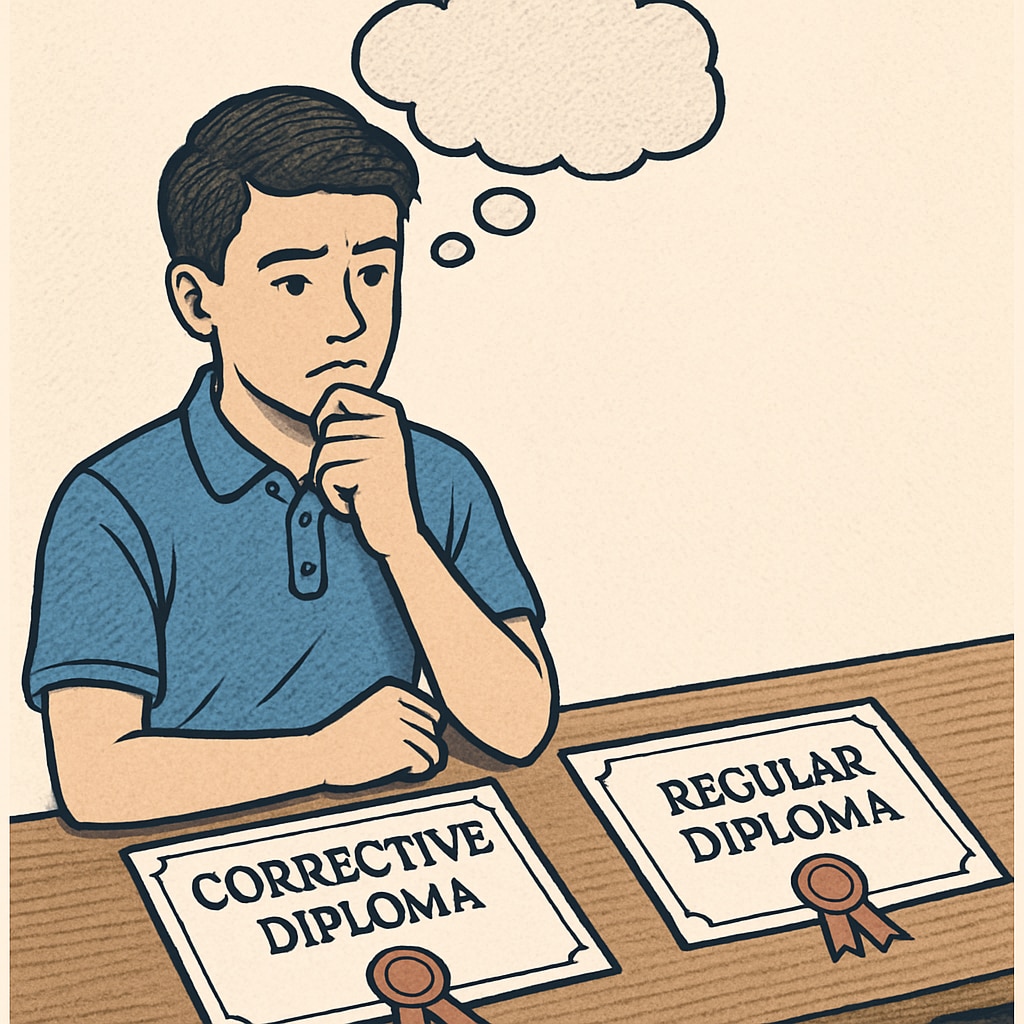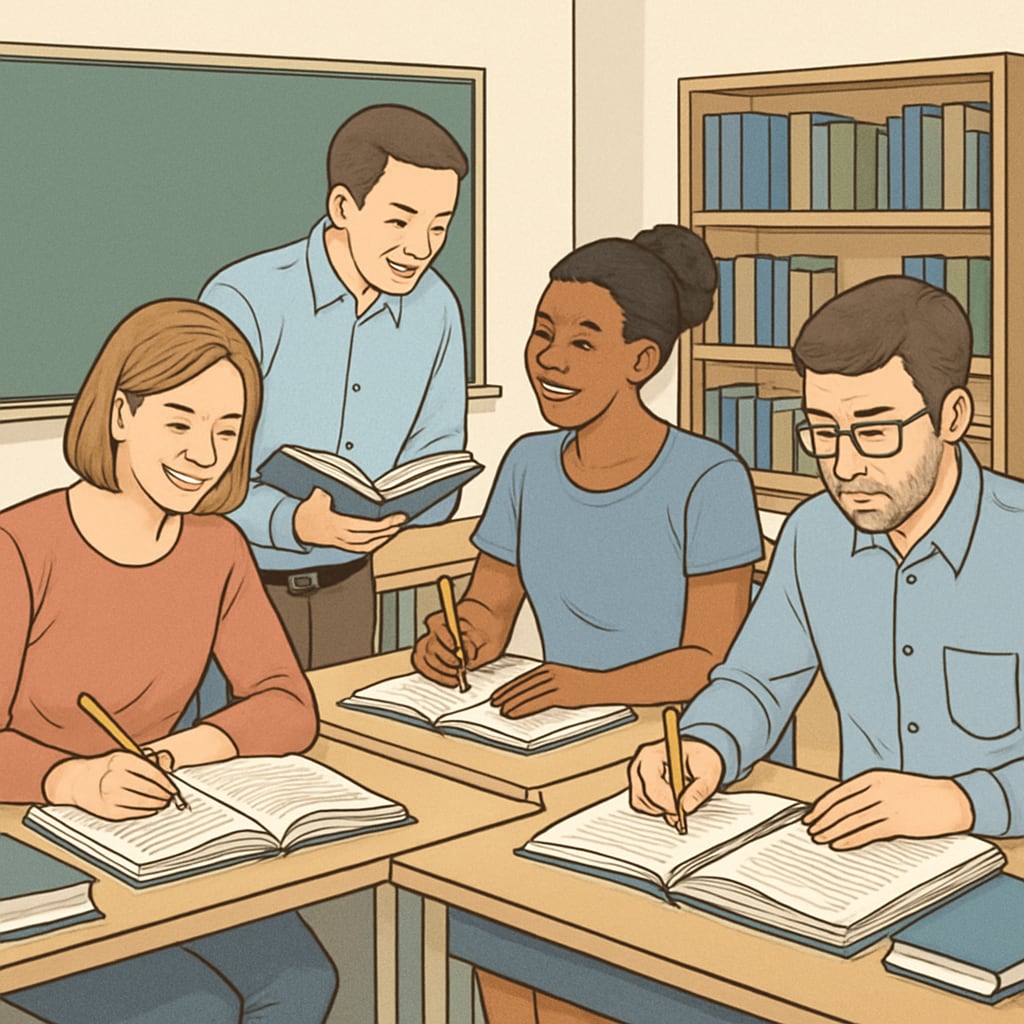For many students, academic attitudes during their K12 years can significantly impact their future. Some individuals who hold corrective diplomas—a form of academic recognition often associated with alternative educational paths—may later feel regret about their past academic choices. These feelings of regret can challenge their self-esteem and career opportunities. However, the journey from a corrective diploma to a regular diploma offers a chance to redefine success and embrace education as a lifelong pursuit.
Understanding the Corrective Diploma and Its Implications
Corrective diplomas are often issued to students who did not meet traditional graduation requirements due to academic, behavioral, or personal challenges. While this type of diploma ensures a minimum level of academic achievement, it may not carry the same recognition as a regular diploma in higher education or the job market. As a result, individuals with corrective diplomas may face limited opportunities, leading to feelings of inadequacy or regret.
Moreover, societal stigma surrounding a corrective diploma can amplify these challenges. The perception that such diplomas reflect a lack of effort or capability often fails to consider the complex factors influencing a student’s academic journey. These factors may include family dynamics, mental health challenges, or systemic inequities in education.

Long-Term Effects of Academic Attitudes
Academic attitudes during the K12 years can leave a lasting impression on a person’s self-perception and career trajectory. For instance, a negative experience in school might lead to a belief that academic success is unattainable, discouraging further educational pursuits. Conversely, a shift toward a growth mindset can help individuals recognize that past challenges are opportunities for improvement.
Studies have shown that individuals who adopt a positive attitude toward learning, even after setbacks, are more likely to pursue alternative education pathways. This might include enrolling in adult education programs, earning a GED (General Education Development) certificate, or even transitioning to a regular diploma through additional coursework.
Strategies for Transitioning to a Regular Diploma
For those seeking to convert a corrective diploma into a regular diploma, several practical steps can pave the way:
- Engage in Adult Education Programs: Many communities offer adult education classes that allow individuals to complete the necessary coursework for a regular diploma. These programs are often flexible, accommodating work and family commitments.
- Explore Online Learning Platforms: Online courses provide an accessible way to meet academic requirements. Platforms like Khan Academy or Coursera can help strengthen foundational skills.
- Seek Academic Counseling: Academic advisors can help create a tailored plan to achieve educational goals, ensuring that all necessary credits and requirements are met.
- Adopt a Growth Mindset: Accepting past mistakes and focusing on personal growth is crucial for success. A positive attitude toward education can make the journey more rewarding.

Redefining Success Beyond the Diploma
While transitioning from a corrective diploma to a regular diploma can open doors, it’s equally important to redefine success beyond academic credentials. Personal growth, skill development, and contributions to one’s community are valuable measures of success. By embracing lifelong learning and resilience, individuals can overcome past setbacks and build fulfilling careers and lives.
Furthermore, society must shift its perception of corrective diplomas. Educational systems should focus on providing second chances and reducing stigma, ensuring that every individual feels valued regardless of their academic history. This inclusive approach can empower more people to pursue their goals without fear of judgment.
In conclusion, holding a corrective diploma does not define a person’s potential. By adopting a proactive approach and exploring opportunities for educational growth, individuals can transform their regrets into motivation for a brighter future. Academic success is not a one-time achievement but a lifelong journey, where every step counts.
Readability guidance: This article uses short paragraphs and lists to enhance clarity. It maintains a balance between informative content and motivational tone, ensuring accessibility for readers of various educational backgrounds.


